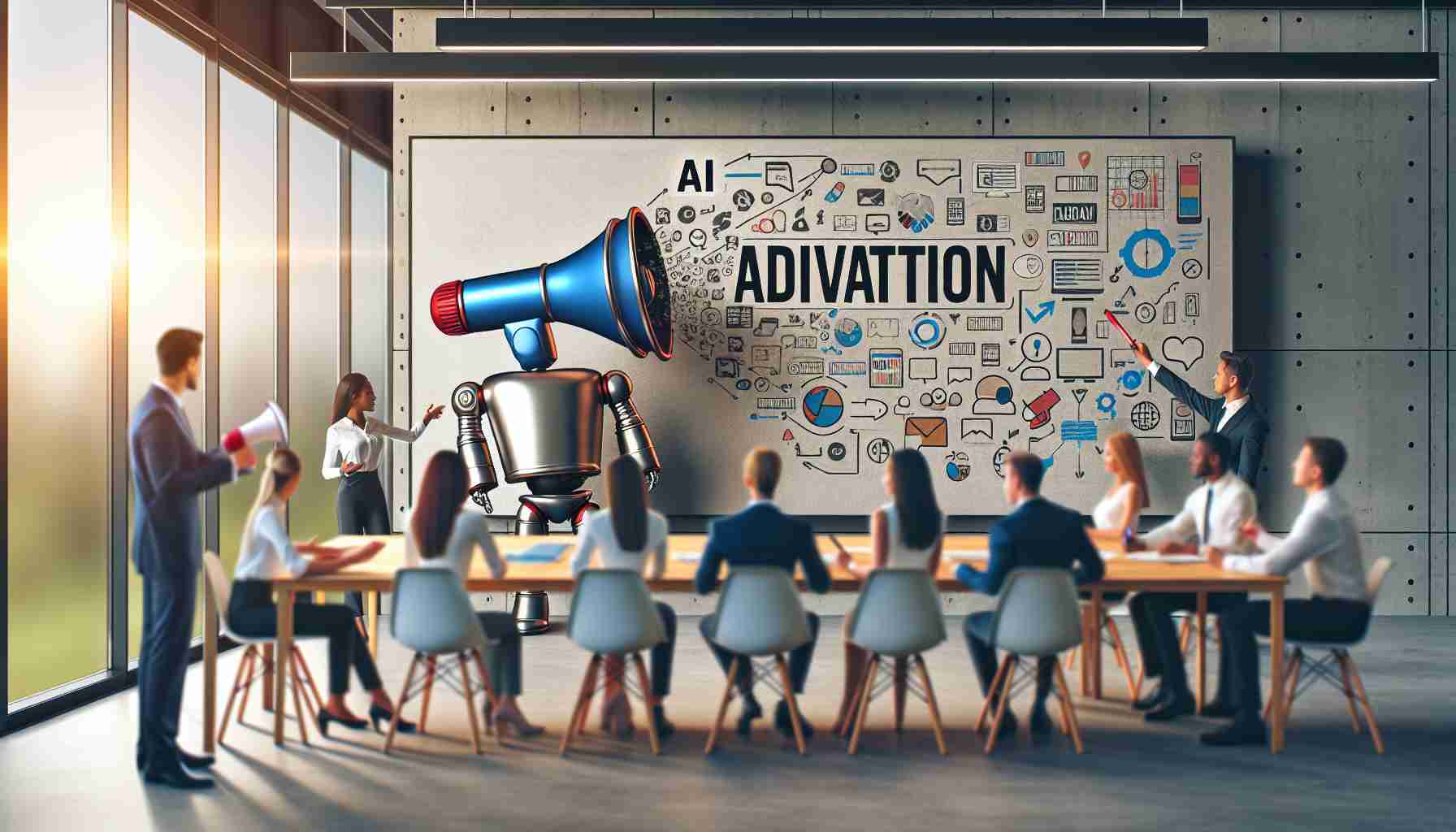Brands Seek Originality as AI-Generated Content Floods Market
In an era where advertising agencies are increasingly turning to artificial intelligence (AI) for content creation, a notable shift is occurring among companies. A futurist from Bulgaria, Mariana Todorova, discussed on Radio “Focus” how businesses that commission ads are now trying to distance themselves from the AI-produced marketing materials that often result in stylistically similar content. This similarity, according to Todorova, is leading to a loss of distinctiveness and uniqueness among products, rendering them nearly invisible in a saturated market.
Concerns Over Intellectual Property and AI Training Data
Certain brands are voicing concerns that the use of AI for advertising could inadvertently endanger their trade secrets and proprietary design and process information by potentially incorporating them into AI training datasets. This fear extends to the realm of enabling competitors to gain insight into sensitive company information.
Supporting Artistic Integrity Over AI Perfection
The movement against AI-generated adverts is also driven by solidarity with artists and creatives. Todorova added that despite the potential loss of polished, modernist designs, there is a growing preference for authentic human creativity. Many companies are choosing to forego the use of AI to preserve their intellectual property and that of their creative partners. The stand is a significant nod to the importance placed on individuality in branding and the arts.
Understanding the Shift: Why Companies Move Away from AI-Generated Ads?
In recent years, AI has played an increasingly prominent role in many industries, including advertising. However, the convenience and efficiency of AI-generated content are being met with growing trepidation over brand identity. Here are some related key questions, answers, and challenges, as well as the advantages and disadvantages of using AI in advertising.
Important Questions and Answers:
– Why are companies reconsidering AI for ad generation?
Companies are concerned that AI might create ads that are too similar to those of their competitors, leading to a loss of distinct branding. Additionally, the risk of intellectual property infringement and the desire for genuine human creativity are driving this reconsideration.
– What risks does AI pose to intellectual property?
When AI tools are trained on a wide array of data, they may inadvertently use proprietary information from one brand’s ads, creating legal and competitive risks.
Key Challenges and Controversies:
– Protecting Intellectual Property: Companies are wary of how AI algorithms might use or misuse their proprietary content.
– Ethical Use of Data: There’s controversy over whether AI models should be allowed to train on copyrighted or trademarked material without explicit permission.
– Job Displacement: AI’s role in creative professions raises concerns about the future of artistic jobs.
Advantages and Disadvantages of AI in Advertising:
– Advantages:
– AI can process vast amounts of data to create highly targeted and effective advertisements.
– It potentially reduces costs and increases efficiency by automating the creative process.
– AI can provide quick A/B testing and analytics for optimizing ad campaigns.
– Disadvantages:
– The risk of producing generic ads that lack brand distinctiveness.
– Potential legal challenges regarding intellectual property and the use of copyrighted material.
– It may lead to homogenization of content, reducing the perceived value of original creativity.
For further reading on AI and its role in advertising, refer to the following trusted primary sources:
– IBM – As a major player in the industry offering AI solutions, they provide insights into the usage of AI in business.
– Adobe – Known for their creative software, Adobe is also an important voice in the AI-generated content conversation.
– World Intellectual Property Organization (WIPO) – For information on the legal side of AI and intellectual property rights.
It’s essential to monitor how these dynamics evolve as technological capabilities advance and legal frameworks adapt to new challenges posed by AI-generated content in the advertising domain.
The source of the article is from the blog lokale-komercyjne.pl

